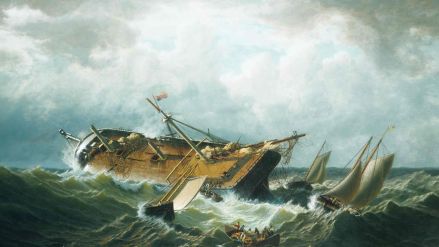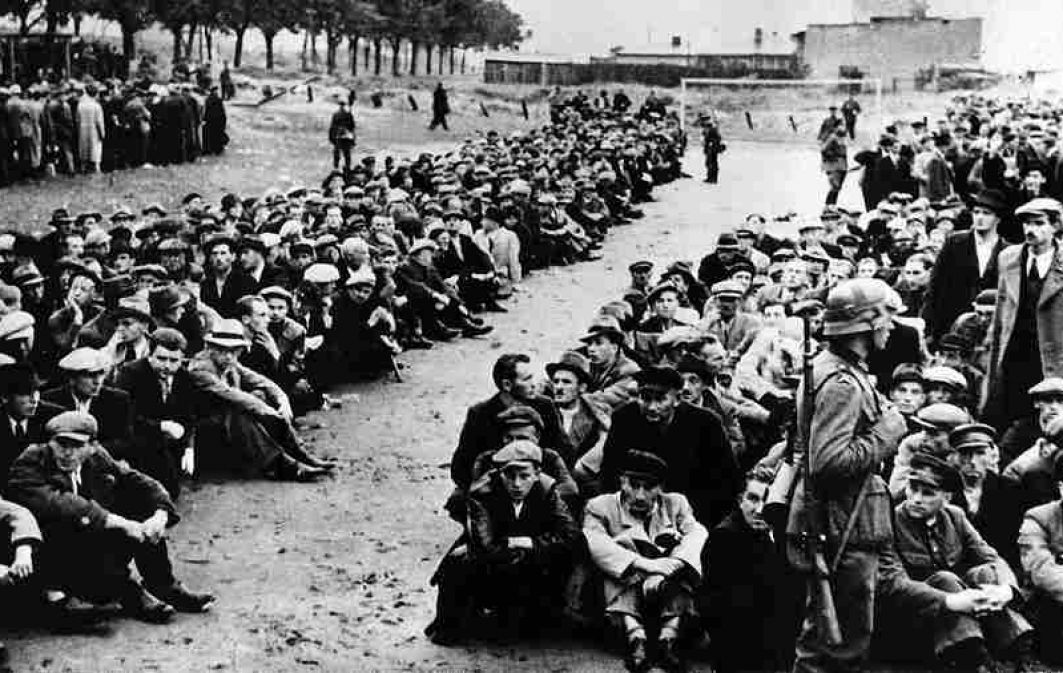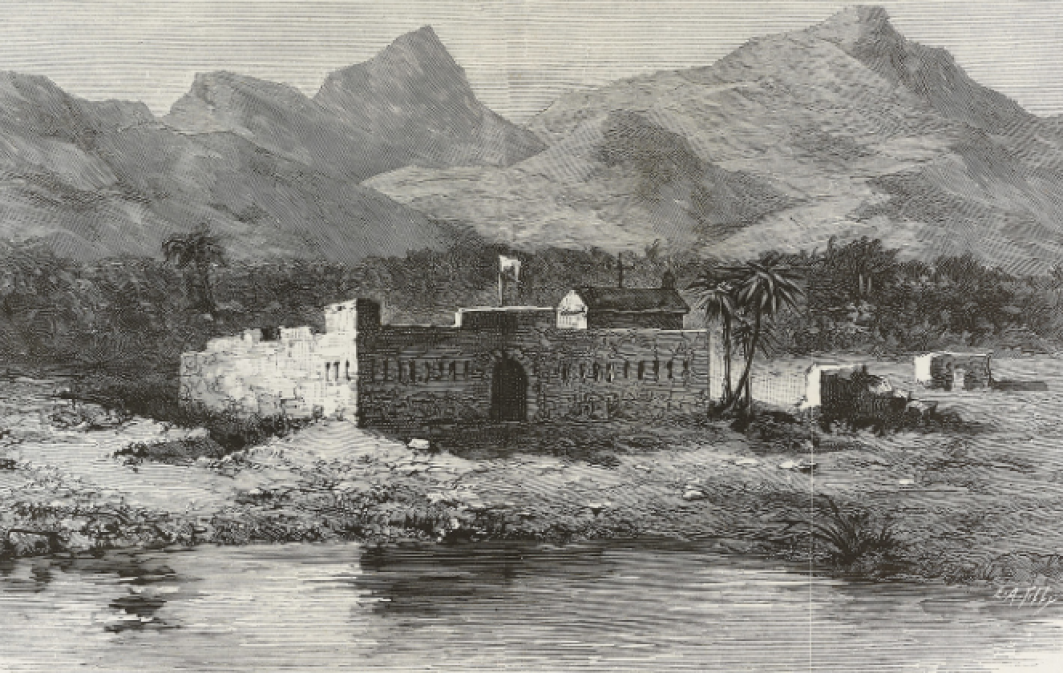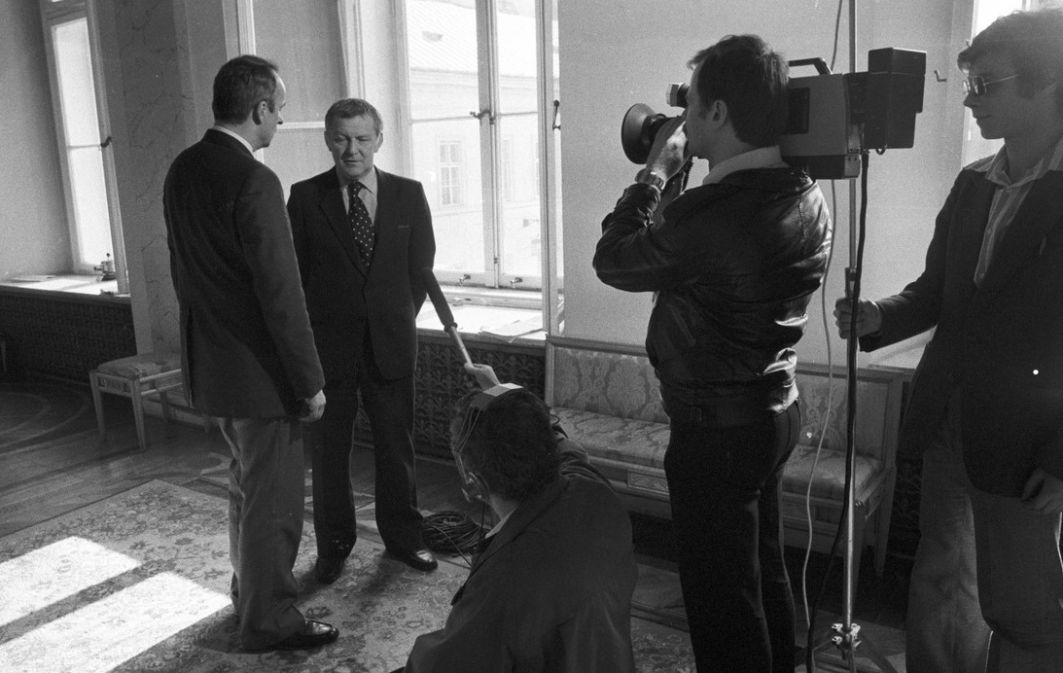The ingenuity of European boatbuilders decided about the hegemony of the Old Continent. They learned how to build ships that were fast, manoeuvrable and - last but not least - equipped with deadly guns. This was enough to force favourable deals and concessions on the Eastern rulers. "Gunboat diplomacy" existed long before the term was coined. Columbus, Vasco da Gama and Magellan could be considered the godfathers of the globalism era, which benefited only the stronger and smarter ones.
The new system treated Africa as a reservoir of cheap labour. South and Central America supplied gold and silver, Asia spices and textiles. For a long time, North America was considered a land rich only in fish, game and forests that could be cut down en masse. Let us remember that this was happening when many places could not be reached by land. The sea spread everything good and bad: religions, languages, inventions, political and philosophical systems, conflicts and epidemics, works of art, books and tools to help inflict pain and death.
Requiem for the boatswain
Humans learned to sail 40,000 years before they started farming and taming dogs. Many nations should owe their significance to their sea voyages. It wasn’t just about Greeks, Phoenicians, Vikings or Dutch. The first sailing ship appeared in Mesopotamia. The American historian was also keen to find out more about rivers and canals that raised the importance of Egypt, which would be a barren desert without the river Nile. The custom of placing boats or their models in burial chambers and tombs speaks out for itself. The Romans suffered from hydrophobia for a long time. Still, they realised that keeping control over the Mediterranean Sea was required as a condition for creating and maintaining an empire. After all, Pompey is the author of the famous bon mot:
navigare necesse est, vivere non est necesse .
 SIGN UP TO OUR PAGE
SIGN UP TO OUR PAGE 
Alexandria, Constantinople, Venice, Genoa, Sevilla, Barcelona, Marseille, London, Amsterdam, Lübeck, Gdańsk, Stockholm, Gdynia. The old port cities cherish their legends and identity, though it doesn’t rhyme well with the official, national version of history. Paine's work is a real mine of thought-provoking information; Sicily was the grain trade centre for most of its history. We learn about rivers that played a decisive role in the conquest of Siberia; about the 14th-century, cosmopolitan Crimea - a meeting place for Italian, Greek, Armenian, Turkish, Arab, Slavic and Mongolian merchants; about the Hanseatic League and the sailors from Flanders who were the key partners in the economic advancement of northern Europe.
The conquering of the oceans was one of the greatest mankind's adventures.
If the captains and navigators of Spanish caravels, Portuguese galleons, and British and French frigates didn't deserve a place in the Heroes Hall of Fame, who would? The era of great discoveries essentially came to an end with the twilight of sailing ships. New technologies have radically changed the style and pace of life. Travelling in conditions insulting the hygiene and human dignity is a thing of the past. Millions of Europeans boarding ships bound to come to America and Australia had the right to expect to arrive at their destination.
The regulation of rivers and the construction of canals had a very positive effect on inland transport.
The total metamorphosis of the world of sailors also manifested itself in the militarisation of the seas. The first-ever arms race (British-German) took place on water. Sailors stopped getting sick, and the number of accidents decreased, but the clashes between armoured units often ended in slaughter. There was a doctrine that gaining superiority at sea determined the course of war. The submarines hunted the merchant ships, leaving the rescue of the survivors to their adversaries.
There will be plenty of rum
Paine seems immune to romantic myths, but he describes subsequent revolutions with a distinct lack of enthusiasm. In the 21st century, sea transport has retained its importance but has become trivial. Due to the mechanisation and computerisation of the industry, seventeen people are enough to operate a seagoing vessel, and you wait and see when completely crewless ships will appear. In ports, moved to the outskirts of cities, it's also dull as hell. After all, only authorised persons have access there. These days, the passenger services usually take place in the air. Moreover, sea travel is associated with large cruisers - a symbol of pathology, like the excessive tourism or pontoons that bring Africans to Lampedusa.

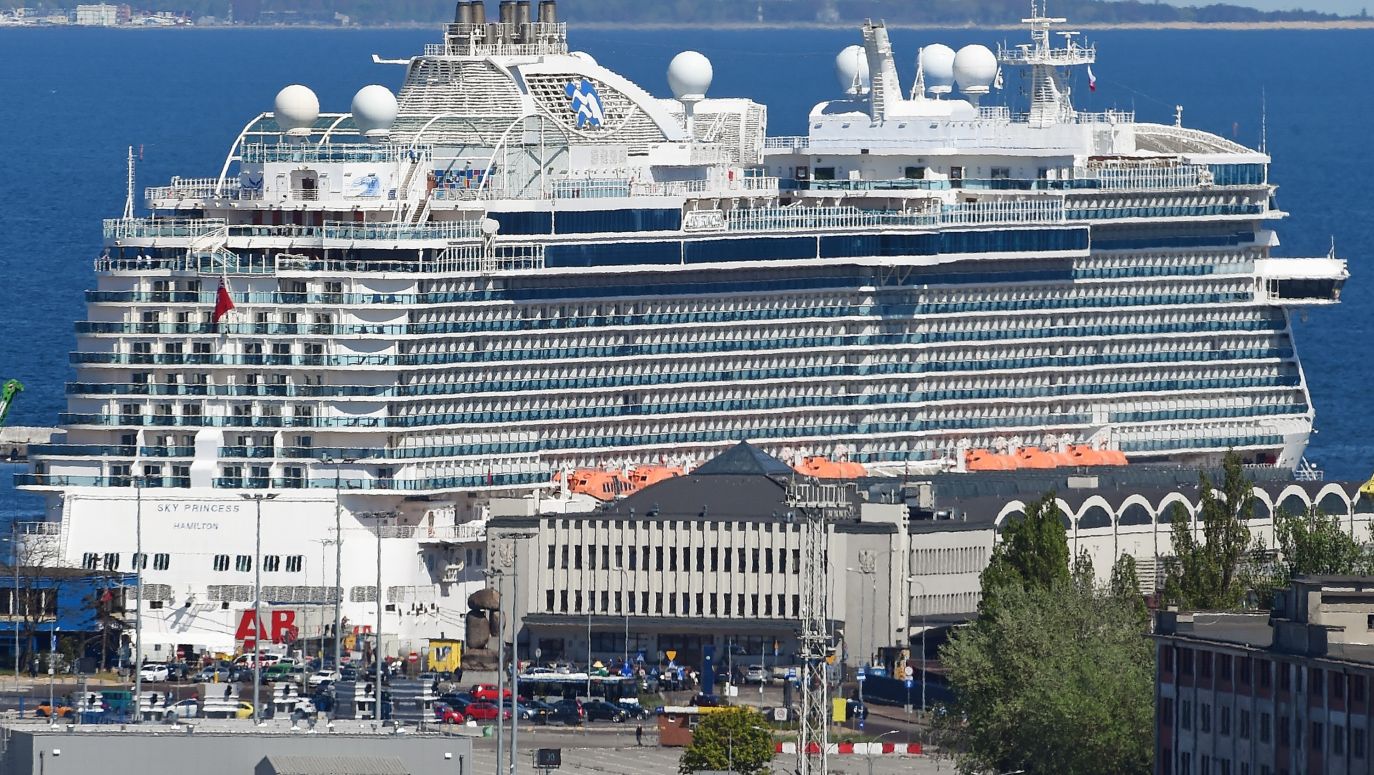
 SIGN UP TO OUR PAGE
SIGN UP TO OUR PAGE 
